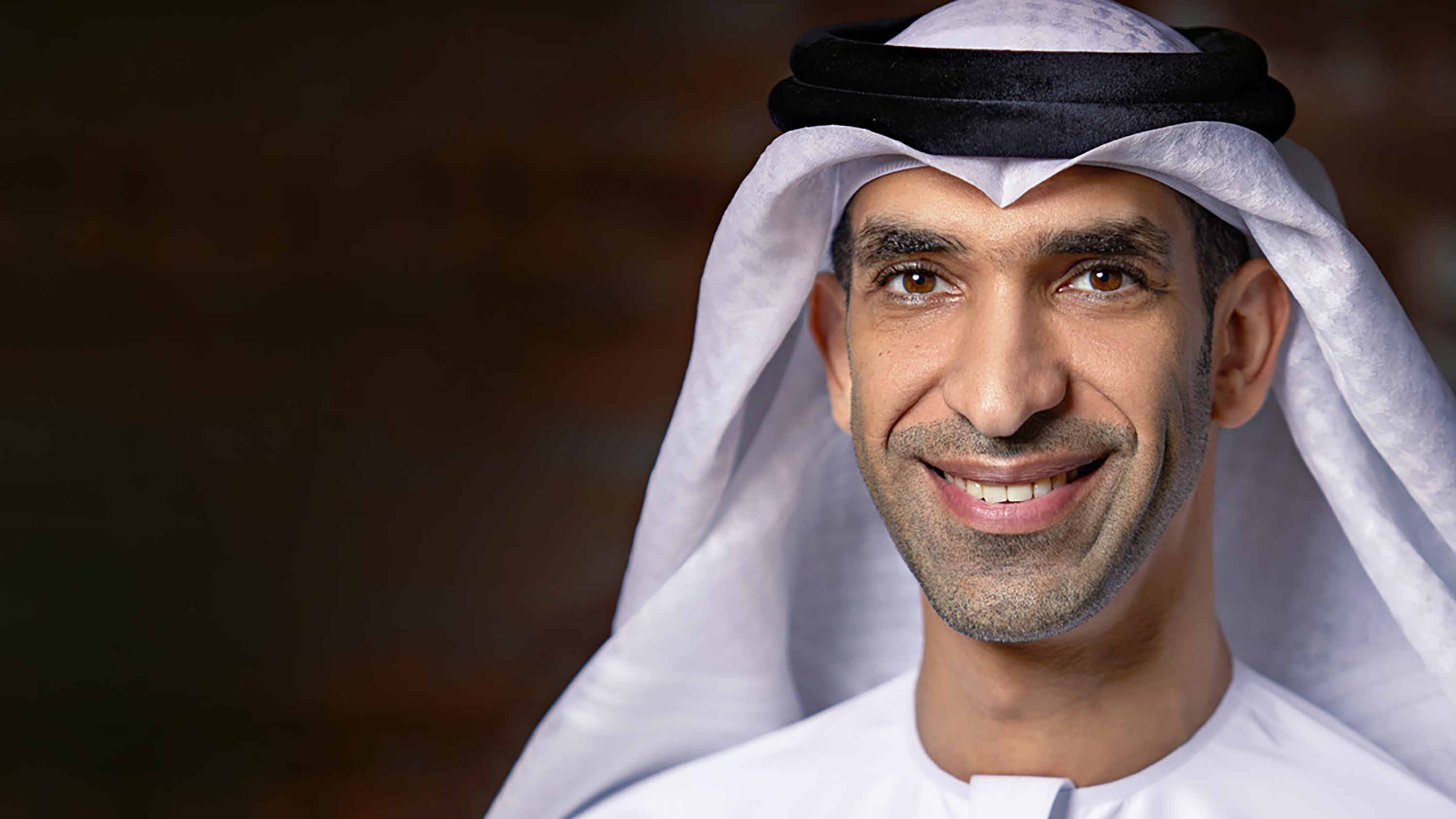Digitisation can drive a global trade revolution

This post-pandemic moment is the perfect time to modernise the global trading system, writes UAE minister of state for foreign trade, Thani Al Zeyoudi.
International trade appears to have fully recovered from the twin shocks of Covid-19 and conflict. In its latest Global Trade Update, the UN Conference on Trade and Development (UNCTAD) suggested that the total value of goods traded in 2022 will exceed $32tn, 12.2% higher than 2021 and 40.3% more than the pandemic peak of 2020. Furthermore, world container shipping hit an all-time high in August of last year.
However, as recession threatens the world’s major economies and the World Trade Organization (WTO) trims its forecast for 2023 trade growth to just 1%, it’s clear the multilateral trading system isn’t yet resilient enough to withstand further geopolitical shocks.
As a major trading hub focused on global economic expansion, the UAE believes this is the moment to transform the international trading system. In particular, integrating the tools of the Fourth Industrial Revolution into supply chains can both inject much-needed resilience, and catalyse a new era of trade growth.
For an industry so vital to the world’s economic health, it’s remarkable how many of the international trading system’s basic processes have remained unchanged in half a century; from customs checks, letters of credit, bills of lading, certificates of origin and packing lists, there is still a host of paper-based, human-centric obstacles to the seamless flow of goods.
Energising the global trading community
In Davos in January, the UAE and the World Economic Forum joined forces to launch a new global Trade Tech Initiative to help disrupt a sector clearly in need of disruption. Our initiative is designed to bring together governments, logistics stakeholders, banks and innovators to explore how digital solutions can enhance every aspect of the supply chain and, importantly, create regulatory frameworks to enable wholesale, cross-border adoption.
In its initial phase, the Trade Tech Initiative will create an international conference to share best practices and shape policy, establish a regulatory sandbox for real-time testing of new systems, launch an incubator to develop and support new trade tech projects, and publish a report on trade tech innovation and deployment around the world. It is hoped this will be an important first step in developing a technological and legal framework accepted by the global trading community.
experts estimate that the global adoption of eBL technology alone could save around $4bn annually
We should, as a result, soon be able to envision artificial intelligence automating customs checks, data analytics and machine learning-supported container movements and warehouse management, predictive analysis deployed in crisis management, and blockchain revolutionising trade finance, cross-border payments and real-time know your customer procedures.
Each of these technologies has the potential to reduce costs, increase efficiencies, mitigate risk, enhance supply-chain resilience, and accelerate trade activity across every sector – and in every region. The rewards are clear: experts estimate that the global adoption of electronic bill of lading technology alone could save the global economy around $4bn annually.
Scaling our trading innovations to the world
As an important global gateway and long-standing champion of innovation, the UAE is in a strong position to lead this process. We have already developed real-world trade tech case studies, including Abu Dhabi Ports’ Advanced Trade and Logistics Platform, which utilises blockchain and data analytics to facilitate trade in real time. Since its 2020 launch, the platform has already completed more than 100 million digital transactions, eliminated 9300 tonnes of carbon emissions and reduced time spent on paperwork by 70%.
Abu Dhabi Ports has also created a Virtual Trade Corridor to connect ports, airports, customs and other regulatory authorities to harmonise global supply chains. The operator’s Margo Hub is a digital logistics marketplace that allows companies and individuals to manage their freight, clearance, truck booking, storage and warehouse requirements in a single solution.
In Dubai, DP World’s Trade Finance platform seeks to bridge the trade finance divide by connecting small and medium-sized enterprises to the credit they need, and has now onboarded more than 56,000 clients in 50 countries around the world. Their Dubai Incubator Center, set up in partnership with Invest India and the Kerala Startup Mission, is sparking innovation across India’s logistics sector.
It’s clear, then, that we have the tools. What we need now is international buy-in and the collective will to create the agreements, regulations and system interoperability needed to transform these individual projects into a global standard.
Over the next 12 months, the UAE has a unique opportunity to drive consensus around our Trade Tech Initiative and bring the multilateral trading system into the 21st century.
In October, Abu Dhabi hosts the eighth World Investment Forum, which will seek to mobilise the investment-development community to address global challenges such as supply-chain resilience and logistics infrastructure. This will be followed in February 2024 by the 13th Ministerial Conference, the main decision-making body of the WTO, during which the UAE will be pressing the case for fully digital international frameworks.
This is a vital undertaking. Over the last 70 years, trade has been a catalyst for growth, job creation and development, driving efforts to alleviate poverty and decrease global inequality. We believe that trade still has the same transformational power – but we must work to ensure it serves the needs of the new, digitally powered global economy.
The adoption of digital tools will allow it to do so, and we will be there making the case for change.
Thani Al Zeyoudi is the UAE’s minister of state for foreign trade.


